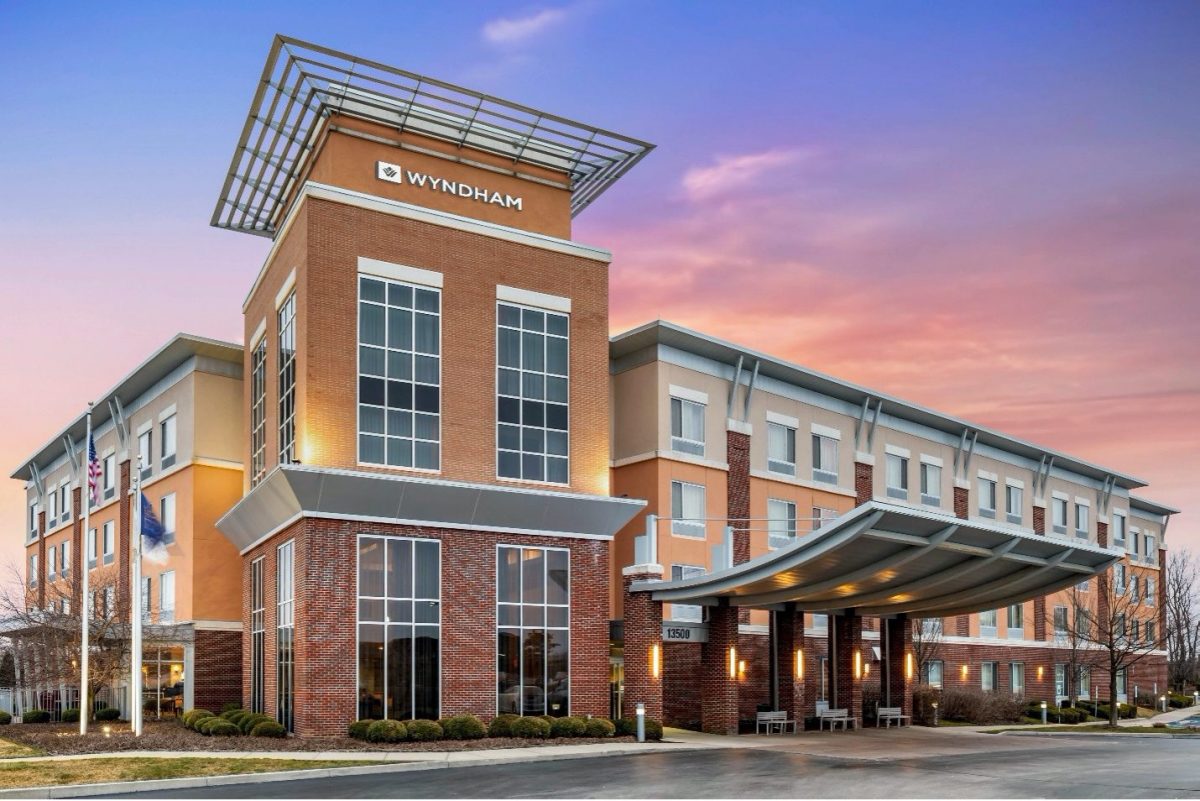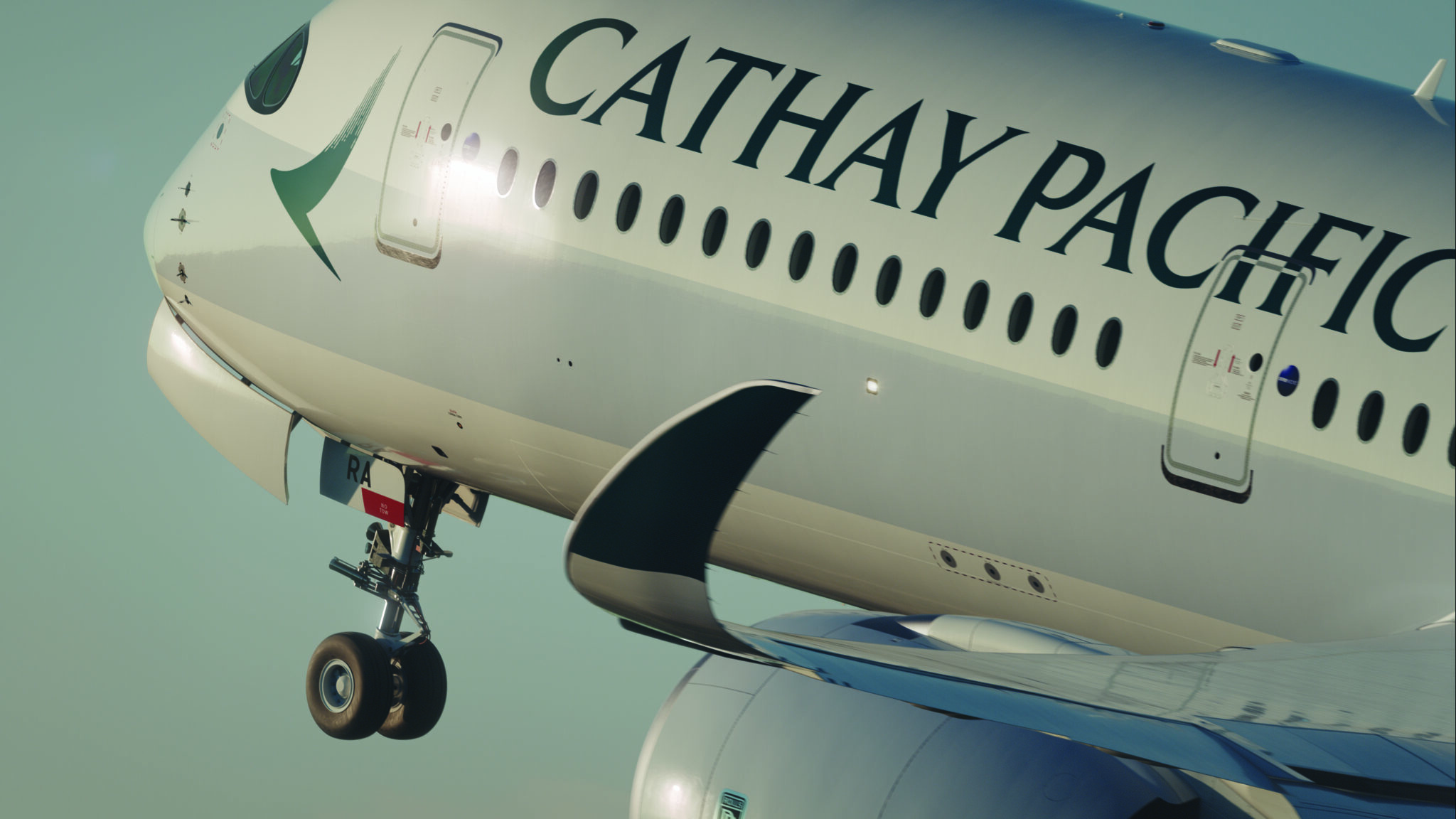Oracle Hospitality Wants to Bring More Hotels Into the Cloud

Skift Take
The hotel industry finally wants to modernize the tech systems it uses to operate. And Oracle Hospitality — which has sold much of the older tech that’s still being used today — is focused on making that shift happen.
Nearly 5,000 properties are now using the four-year-old Oracle Opera Cloud property management system, and there are about 10,000 more in the pipeline, said Alex Alt, senior vice president and general manager for Oracle Hospitality. The pipeline includes Oracle customers that want to upgrade, as well as hotels running other legacy systems or competing modern systems. Alt expects that number to exceed 40,000 in the next three years.
More than 40,000 properties use some version of the Oracle property management system product. The majority are still using old or on-premises Oracle systems, but the company is working to help those clients upgrade to the modern cloud-based system.
The number of Opera Cloud customers has doubled each year since it was released.
“That acceleration has exceeded our expectations,” said Laura Calin, vice president of strategy and solutions management for Oracle.
Cloud applications are not new, but the hospitality industry is still relatively early in adopting this technology. Shifts in investment prompted by the pandemic have led more hotels to upgrade their systems, which is why there is so much business potential.
Using a modern cloud platform gives hotels access to consistently updated technology that’s cheaper and easier to navigate and troubleshoot. Besides making internal operations more efficient, having access to new software products can give guests the kinds of high-tech experiences many of them prefer.
“There's certainly a move afoot in the industry for brands to retire in-house proprietary tech across most of the tech stack, not just not just property management,” Alt said. “We're absolutely winning that business, and then we're winning from competitors that haven't been able to invest.”
The company will have announcements in the coming months of thousands more properties that are adding Oracle’s cloud suite, he said.
Growing Opera Cloud is the biggest focus right now, and that includes investments that can help make that happen, such as in-app training for users and tools to migrate data from old systems into the new. As the community of users grows, Oracle is looking at investing in customer support.
Oracle is also looking at artificial intelligence and machine learning in a few areas, including personalized upsells to guests, integrating with brands’ systems for access to guest loyalty programs, and automating repeated tasks such as room assignment.
“Shaving minutes, or even seconds, off of repeatable tasks at a hotel, whether it's checking in or marketing rooms as clean or dirty, is significant when you're short-staffed,” Alt said.
A Friendlier World for Vendors
Whether a hotel uses Opera Cloud or another, having a property management system that’s based in the cloud is essential for the reasons stated above and more, said Max Starkov, a hotel tech consultant and industry veteran.
Because Opera Cloud and the other cloud-based systems are open for connection with other tech products, startups and other hospitality tech vendors can connect with those systems for free and more easily offer their products to hotels. That was not so easily available with older and on-premises systems, and the connection fees for those systems were substantial. Because connecting with the cloud-based system is so easy, hotel clients can now try a new product without having to invest too much first.
While Oracle offers several in-house products that clients can access through the same core Opera Cloud platform, including point of sale, event sales and management, and loyalty software, clients also have access to thousands of other vendors.
“For the longest time, this industry has been riddled with difficulties and problems in really making two systems work. And that was the reason why I think startups stayed away from hospitality. It was just too hard,” Calin said.
“All of the sudden, innovation is not hard anymore. And our customers can be picky.”
A Company Shift
Hospitality startups often criticize Oracle Hospitality for the on-premises tech that many hotels still have, and hotels have criticized the company for poor customer service. The company has previously acknowledged those issues and has been working on them for a few years now.
While Alt believes some of that criticism around tech, operations, and customer service may have been warranted four or five years ago, the company has greatly improved, he said.
“That work has been done," Alt said. "What I tell customers or prospects who are anchoring in a perception that's three or four or five years old — once a customer makes that pivot and leans in with us and our new technology, it's pure redemption because it's a completely different experience.”
There are an estimated several hundred thousand hotels of various sizes throughout the world, and many of them have no property management system at all, so the market is big enough for the multiple hotel tech companies that exist.
Alt believes that Oracle, being one of the legacy companies with more resources, has an advantage as it moves to expand its share of that market.
“It's a competitive space. I like the competition. I like that there are a lot of startups in this space because they make us better, but I'm supremely confident in our ability to execute at scale,” he said. “I'm supremely confident in the quality of our products and the evolution of our service model to be more in line with what our customers expect and demand.”





